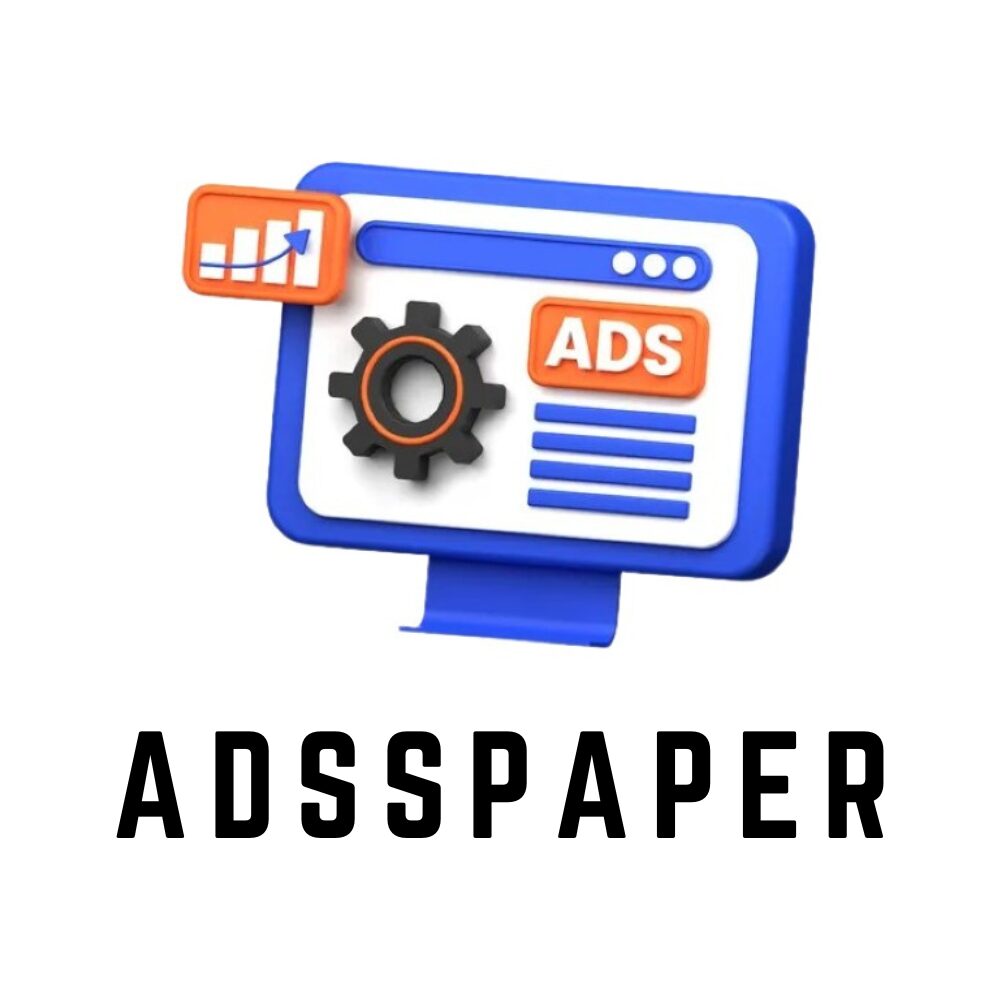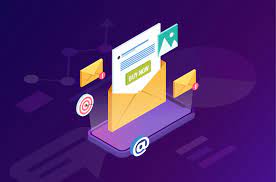Email marketing has come a long way since the first email was sent in 1971. From being a mere tool for communication between computer scientists to a highly effective marketing tool that helps businesses increase their sales, email has undergone several transformations in the past few decades.
The Rise of Email Marketing
Email marketing started gaining popularity in the 1990s when companies began using it to promote their products and services. The first mass marketing email was sent by a computer company called Digital Equipment Corporation in 1978 to promote its new product. However, it was not until the 1990s that email became a popular marketing tool.
During the early days of email marketing, companies would send a single email to their entire list of subscribers, hoping to generate sales. This approach was known as batch and blast, and it was not very effective. Most people would delete the emails without even opening them, and those who did open them were likely to unsubscribe if the content was not relevant.
The Introduction of Personalization and Targeting
As email marketing became more popular, companies started to realize that they needed to personalize their emails and target them to specific groups of customers. Personalization helped to increase open rates and click-through rates, and it helped companies to build stronger relationships with their customers.
In the mid-2000s, email marketing became even more targeted and personalized with the introduction of segmentation. Segmentation allows companies to divide their email list into smaller groups based on demographics, interests, and behavior. This approach allows businesses to send highly targeted emails to specific groups of customers, increasing the chances of making a sale.
The Advent of Automation
As technology continued to advance, email marketing became even more sophisticated with the introduction of automation. Marketing automation allows companies to send highly targeted emails based on triggers such as a customer’s behavior, time zone, or even weather conditions.
Automation also allows companies to send a series of emails over a period of time, known as a drip campaign. These campaigns can be used to welcome new subscribers, nurture leads, and even win back customers who have not made a purchase in a while.
The Power of Personalized Automation
The rise of personalized automation has completely changed the email marketing game. It allows businesses to target their customers with highly relevant messages at the right time, increasing the chances of making a sale.
Personalized automation allows companies to send targeted messages based on a customer’s behavior. For example, a customer who has added items to their cart but has not yet made a purchase can be sent a personalized email reminding them of their abandoned cart. This type of email is much more effective than a generic sales email.
The Importance of Mobile Optimization
With more people accessing their emails on mobile devices than ever before, it is essential that emails are mobile-optimized. Mobile optimization ensures that emails are easy to read and navigate on a small screen.
Companies that fail to optimize their emails for mobile devices are likely to lose customers who are frustrated with difficult-to-read emails. In fact, research shows that 80% of users delete emails that are not optimized for mobile.
Conclusion
Email marketing has come a long way since the first email was sent in 1971. From batch and blast to highly personalized automation, email marketing has undergone several transformations.
As technology continues to advance, email marketing will only become more targeted and sophisticated. Companies that invest in personalized automation and mobile optimization are likely to see higher open rates, click-through rates, and ultimately, sales.
FAQs
Batch and blast email marketing is the practice of sending a single email to an entire list of subscribers, hoping to generate sales.
Segmentation allows companies to divide their email list into smaller groups based on demographics, interests, and behavior.
A drip campaign is a series of emails sent over a period of time to nurture leads, welcome new subscribers, and win back customers who have not made a purchase in a while.
Personalized automation is the use of automation to send highly targeted emails based on a customer’s behavior, preferences, and interests.
With more people accessing their emails on mobile devices than ever before, it is essential that emails are mobile-optimized. Emails that are not optimized for mobile are likely to be deleted by frustrated users.

